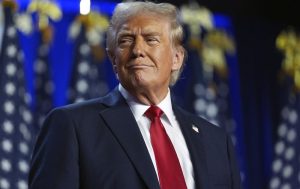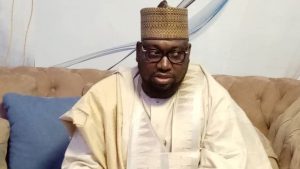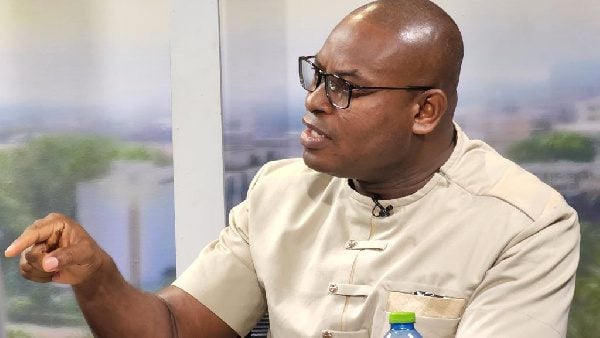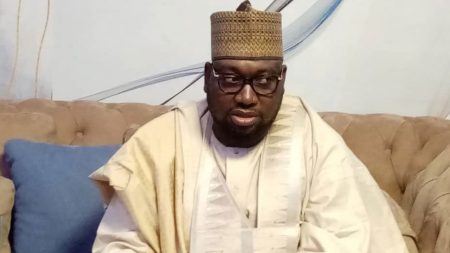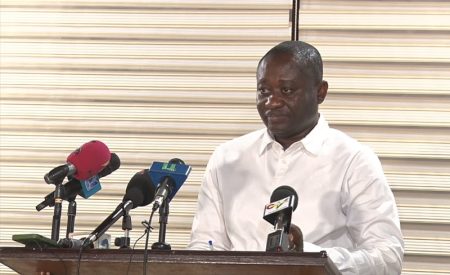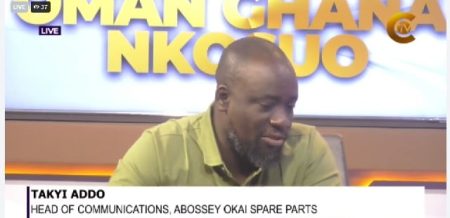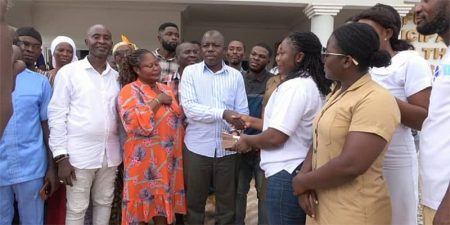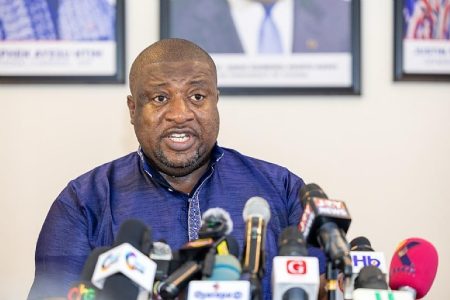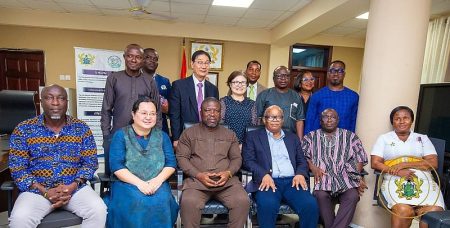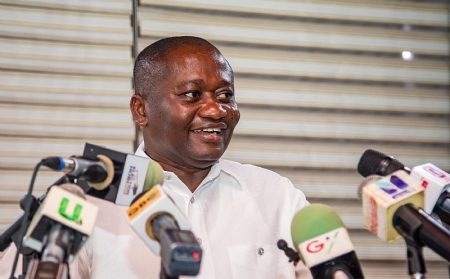The New Patriotic Party (NPP) has vehemently denounced the Special Prosecutor, Kissi Agyebeng, for labeling former Finance Minister Ken Ofori-Atta a “fugitive” while he is receiving medical treatment abroad. The NPP’s Director of Communications, Richard Ahiagbah, accused the Special Prosecutor of abusing his office and demanded respect for Ofori-Atta’s rights. Ahiagbah emphasized that Ofori-Atta is not evading the law, but is currently out of the country for medical reasons, with proper notification given to the Chief of Staff. He further asserted that Ofori-Atta is available to cooperate with any investigations upon his return and condemned the Special Prosecutor’s statement as an inaccurate portrayal of the situation. The NPP spokesman also, seemingly incorrectly, attributed responsibility for the situation to a supposed John Mahama administration, suggesting a failure to maintain law and order.
The controversy centers around ongoing investigations by the Special Prosecutor into the dealings of Ken Ofori-Atta, who served as Finance Minister during a period of economic challenges for the country. Agyebeng has identified Ofori-Atta as a suspect in four separate cases, including alleged corruption related to the National Cathedral project and dealings with Strategic Mobilisation Limited (SML). The details of these cases remain under investigation, and the Special Prosecutor has indicated his commitment to pursuing them thoroughly. Ofori-Atta’s involvement has drawn significant public attention, given his prominent role in managing the nation’s finances during a period of economic hardship.
The NPP’s strong defense of Ofori-Atta highlights the political undertones surrounding these investigations. The party insists that the Special Prosecutor’s actions are politically motivated, aimed at tarnishing the reputation of a key figure within their ranks. They argue that Ofori-Atta’s medical absence is being exploited to create a false narrative of evasion and guilt. This clash between the Special Prosecutor and the NPP raises questions about the independence of investigative bodies and the potential influence of political considerations in such processes.
The Special Prosecutor, on the other hand, maintains that his investigations are impartial and based on evidence. He asserts that his office is solely focused on uncovering potential wrongdoing, regardless of political affiliations. The labeling of Ofori-Atta as a fugitive, according to the Special Prosecutor’s office, stems from his perceived lack of cooperation with the ongoing investigations. This perceived uncooperativeness, coupled with his absence from the country, has contributed to the impression that he is attempting to avoid scrutiny. The Special Prosecutor’s office maintains that it is diligently pursuing all leads in these cases and will bring any substantiated charges before the appropriate legal authorities.
The case raises crucial questions about the balance between the pursuit of justice and the protection of individual rights. The NPP’s insistence on due process and respect for Ofori-Atta’s medical condition highlights the importance of ensuring fairness and avoiding prejudgment. Conversely, the Special Prosecutor’s mandate to investigate corruption requires a robust approach to gathering evidence and holding individuals accountable. This tension between procedural fairness and the imperative to investigate corruption forms the core of this ongoing legal and political battle.
The unfolding situation has significant implications for the political landscape and the public’s perception of accountability within the government. The outcome of these investigations will not only determine the fate of Ken Ofori-Atta but also influence the public’s trust in the integrity of institutions tasked with combating corruption. The clash between the NPP and the Special Prosecutor underscores the challenges inherent in pursuing high-profile corruption cases, particularly when they involve prominent political figures. The public will be closely watching how this case progresses, as it will serve as a crucial test of the effectiveness and impartiality of the country’s anti-corruption mechanisms.


